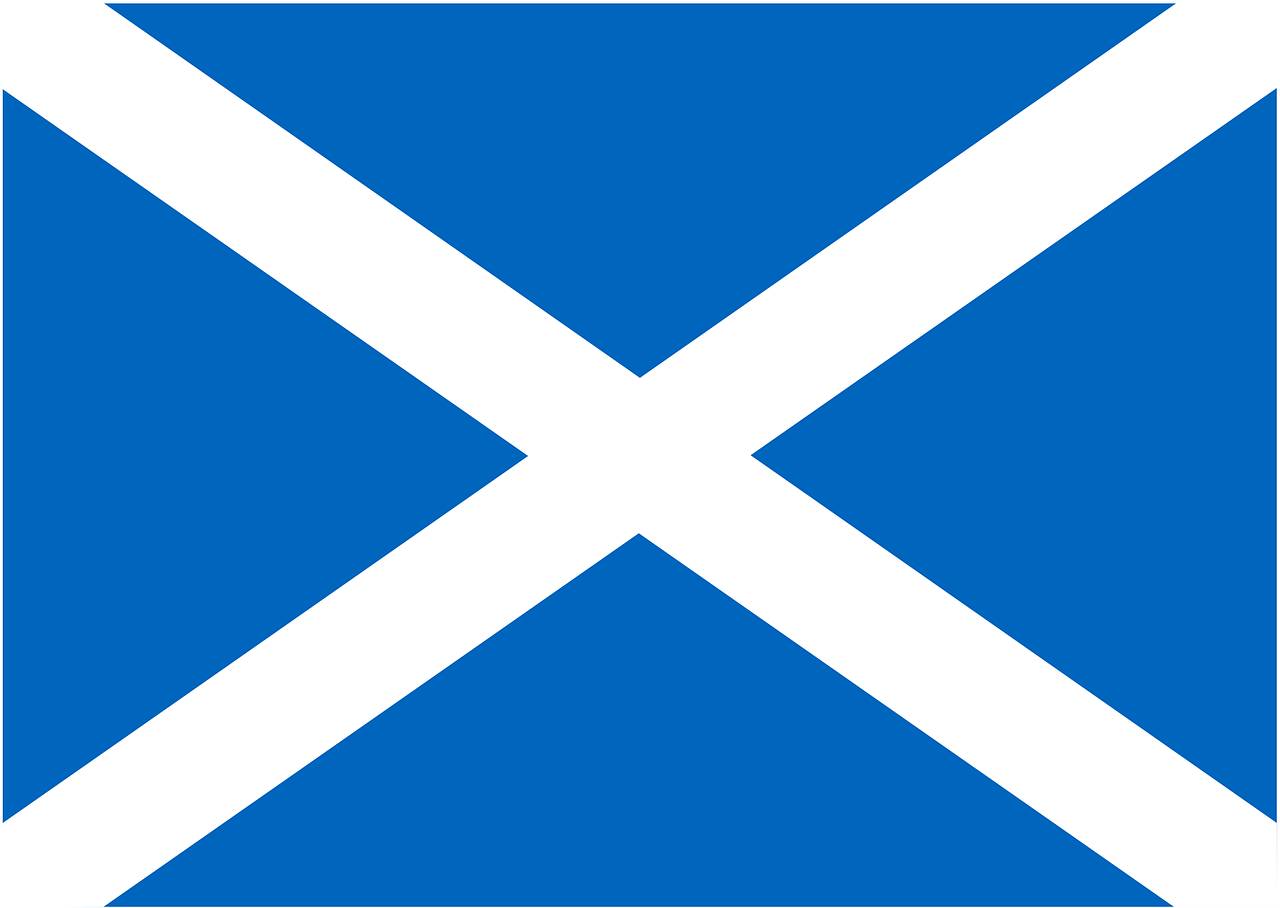Scottish Gender Recognition Reform Bill Passes First Stage
Scotland's gender reform bill has passed the first stage in Holyrood, the seat of the Scottish government, and will now face a series of amendments.
It passed 88 votes to 33.
The Gender Recognition Reform (Scotland) Act has been described as an “admin issue” by many transgender people who say the current process is lengthy, demeaning, and can be expensive.

The reforms would remove the medical requirement and panel process, allowing people to self-identify, according to The National.
People would only have to live in their acquired gender for three months – instead of two years – before obtaining a Gender Recognition Certificate (GRC). A declaration would be made in front of a notary public or a Justice of the Peace. The document would be awarded by the Registrar General instead of a medical panel. The age for applying for a GRC would be lowered from 18 to 16.
Two lengthy consultations have been undertaken on the reforms and are a manifesto commitment for both the SNP and Scottish Greens.
SNP MSPs were whipped to back the reforms but there were nine who rebelled. Stephanie Callaghan, Fergus Ewing, Kenneth Gibson, Ruth Maguire, John Mason, Ash Regan, and Michelle Thomson voted against, while Annabelle Ewing and Jim Fairlie abstained.
Regan resigned from her role as community safety minister ahead of the vote. She couldn't support the government's stance as a matter of “conscience,” she said. The First Minister said that she had not raised concerns to her or social justice secretary Shona Robison.
LGBTQ+ campaigners and transgender Scots welcomed the majority of MSPs voting in favor of reform.
Patricia, a trans woman in Edinburgh, said that her experience of the GRC process was “incredibly invasive and time-consuming.”
She said: “I had to send years of private documents to a panel of psychiatrists who I will never meet, and then wait almost a year for them to decide if I met their criteria. Reforming the Gender Recognition Act will make a real difference to the lives of transgender Scots by removing this administrative burden, ensuring no one else is stuck with a birth certificate that doesn’t reflect their identity or the facilities they use.”
Ryan, a trans man in Edinburgh, said: “Being able to submit a quick, legally binding self-declaration instead of heavy folders full of documentation is a huge step in making the whole process less overwhelming. I know that the folks I work with will welcome this change and the clear signal from the MSPs that trans people can and should be able to live their lives to the fullest while being protected by the law. Small steps like this vote make a huge difference in trans men and women feeling supported to be who they are.”
Vic Valentine, manager of the Scottish Trans Alliance said that the current process has “far too many barriers.”
They added: “We look forward to working with MSPs across the Equalities, Human Rights and Civil Justice Committee and the wider parliament over the coming weeks to make sure that the bill is improved even further before it goes to a final vote – and to persuading our politicians to vote for changes that will greatly improve trans men and trans women’s lives across Scotland.”
Tim Hopkins, director of Equality Network, said: “Through this vote, Scotland’s Parliament continues our steady progress towards a fair and equal country that respects everyone’s rights.”
After the vote, SNP MP Pete Wishart said, “Just fantastic and with an overwhelming majority too. Trans people have been waiting so long for these modest reforms. Hopefully, this will take some of the heat out of the debate, but then again, there’s always Twitter…”
Read related myGwork articles here:
Nicola Sturgeon Confirms Gender Recognition Reform Back On Legislative Agenda
Scotland First Minister Nicola Sturgeon Defends Trans Rights
myGwork Joins Global Business In Urging Boris Johnson To Reform the Gender Recognition Act
Keep up to date with the latest myGnews

